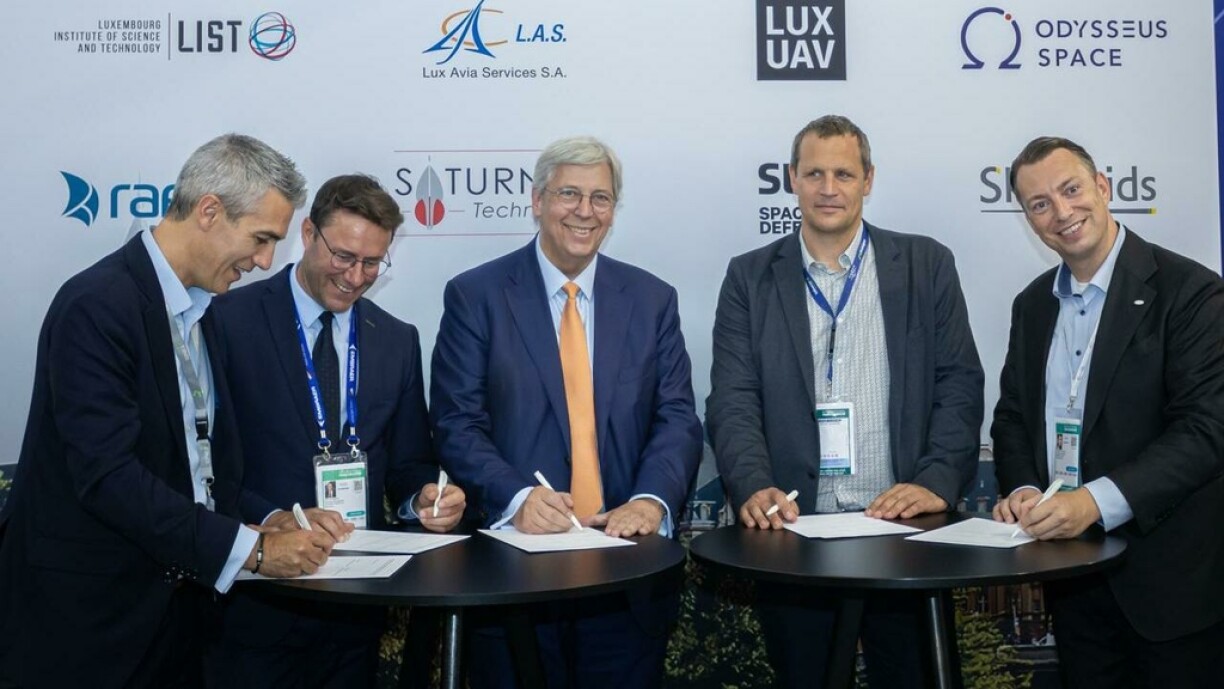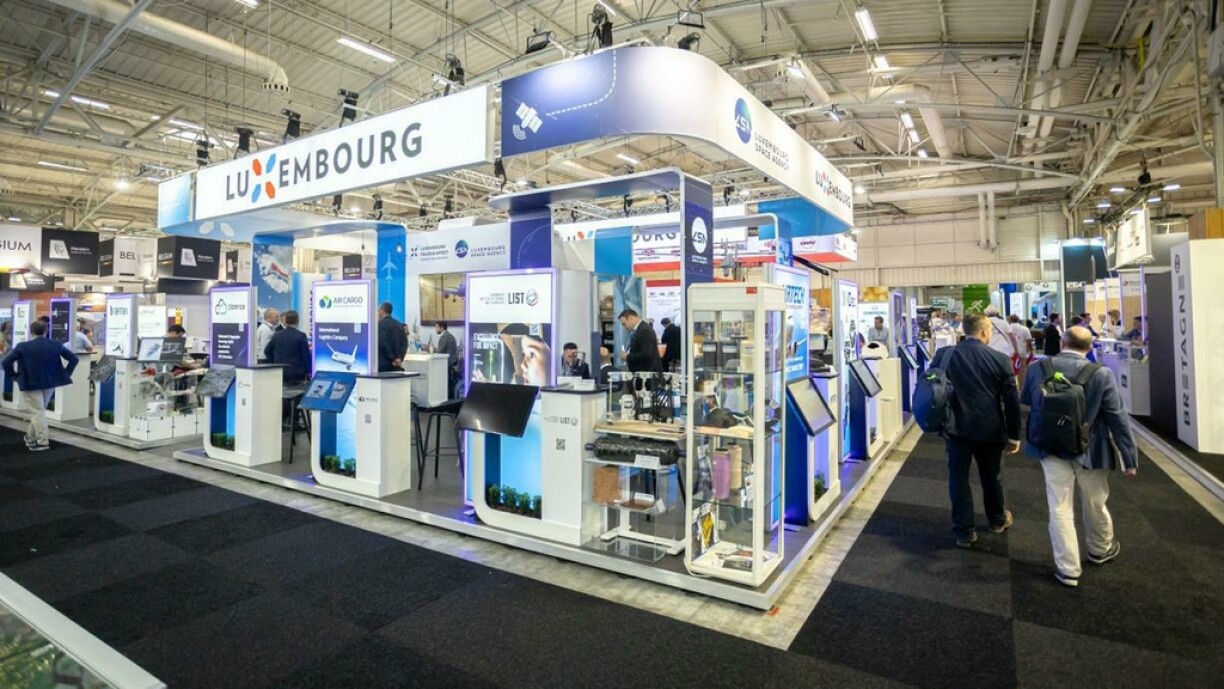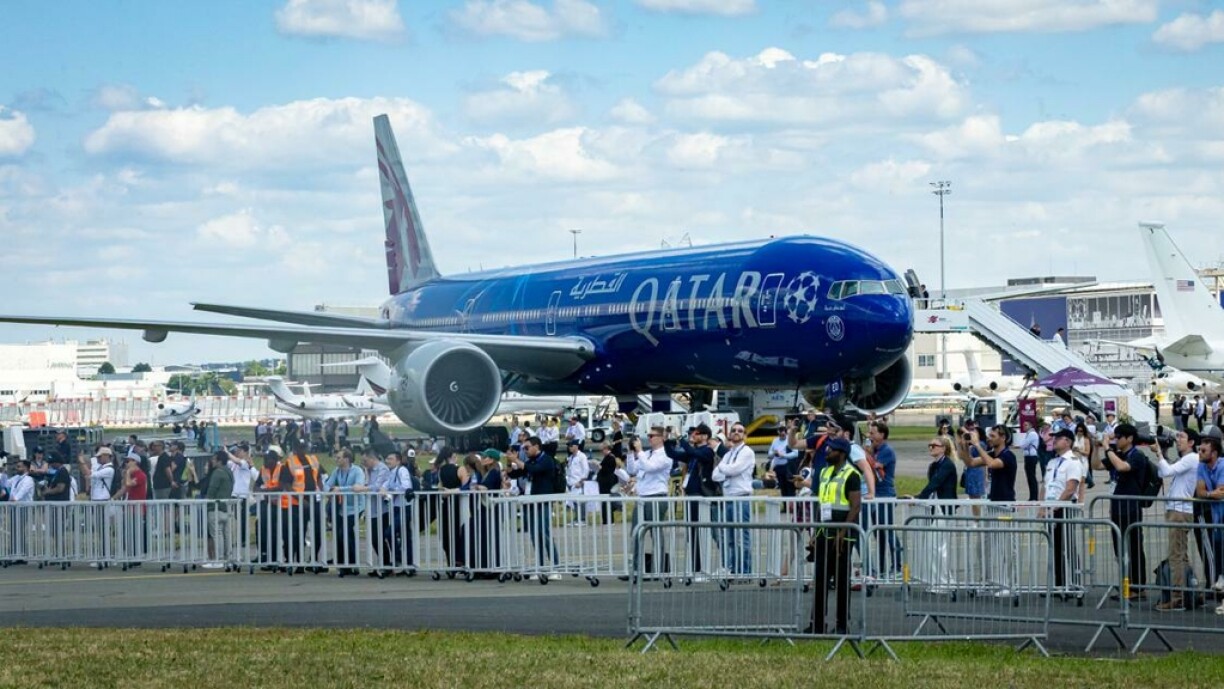
As the International Aeronautics and Space Show unfolds in Paris, Luxembourg is marking its tenth year with a national exhibition pavilion at the prestigious Le Bourget fair. This milestone provided the backdrop for a renewed push into defence innovation and international partnerships, spearheaded by Luxembourg’s government.
Within this context of growing European coordination, Luxembourg, Belgium, and the Netherlands signed a Memorandum of Understanding (MoU) to reinforce strategic cross-border collaboration in the space and defence industries.
The agreement, signed at Le Bourget, aims to strengthen space-related cooperation across the Benelux countries, drawing on their shared history and geography, and building on a longstanding tradition of collaboration and trade.

The partnership is intended to help the three nations jointly participate in projects led by the European Space Agency (ESA) and the European Defence Agency (EDA). This collaborative approach is expected to improve their chances of securing major joint initiatives, ensuring that all regions benefit equally.
Kris Vanderhauwaert, cluster manager of Flanders Space, said that Belgium, the Netherlands, and Luxembourg have long worked well together. He noted that they share many core values and have similar economic frameworks.
According to Vanderhauwaert, this agreement lays the groundwork for submitting joint bids on European calls, particularly in defence and space. The long-term objective is to combine capabilities across the three countries to develop innovative solutions, including those with military applications.
Representing Luxembourg, Yves Elsen of the business federation Fedil stressed that the agreement is not about mergers or acquisitions but about exchanging information.
He gave the example of drone development, suggesting that combining the respective strengths of Luxembourg, Belgium, and the Netherlands would allow them to carry out major projects, generate employment, and meet their international commitments at the same time.
Although the discussions behind the MoU have been underway for over a year, the timing is seen as particularly strategic: European defence budgets are on the rise, ESA is in the process of negotiating a new five-year roadmap, and NATO countries are being encouraged to step up investment in defence.
Beyond practical economic considerations, the partnership is also being highlighted as a symbol of European efficacy. Elsen noted that the spirit of cooperation that began with the founding of the Benelux alliance in 1944 could once again serve as a blueprint, with smaller nations potentially leading the way and inspiring larger countries to follow suit.
